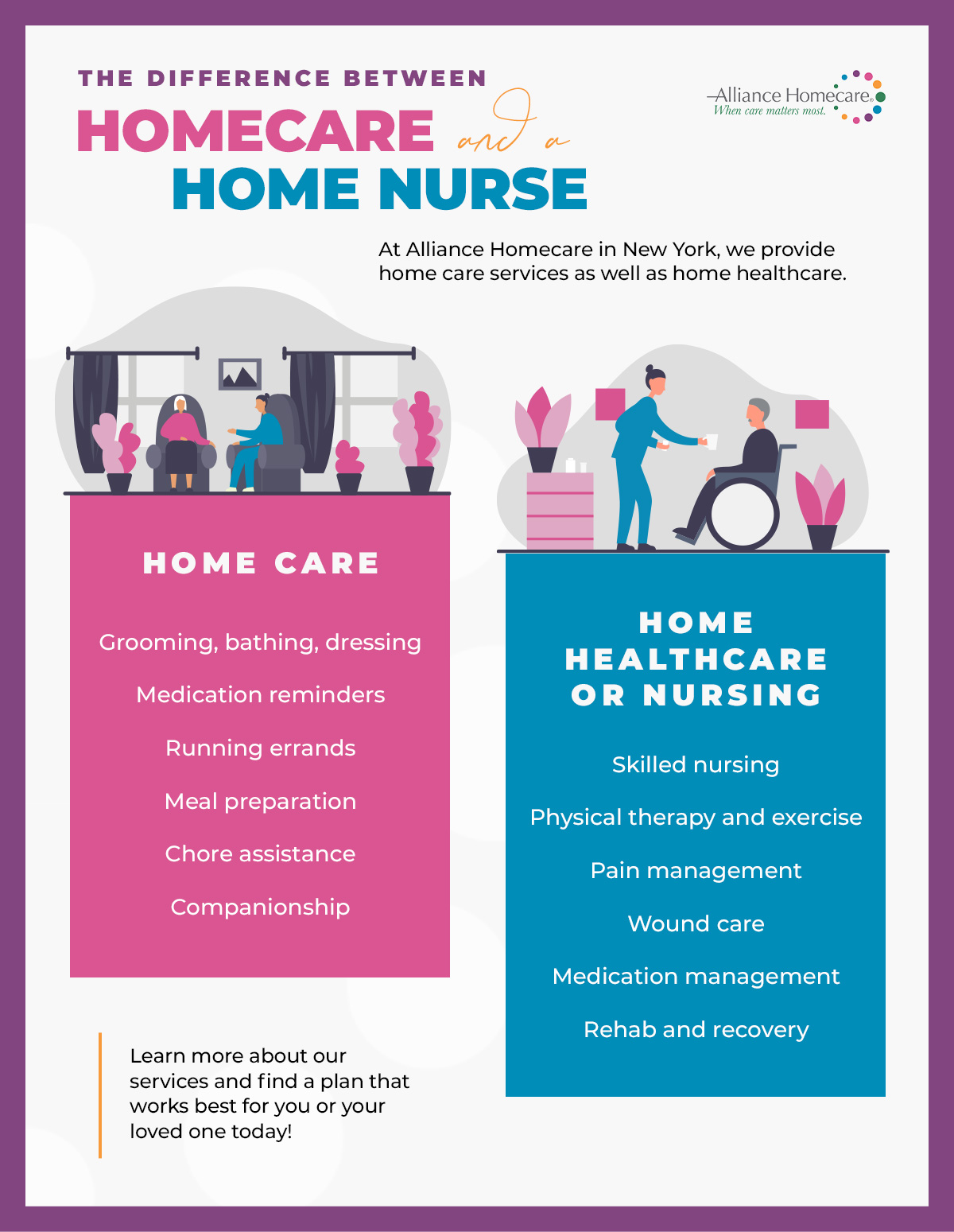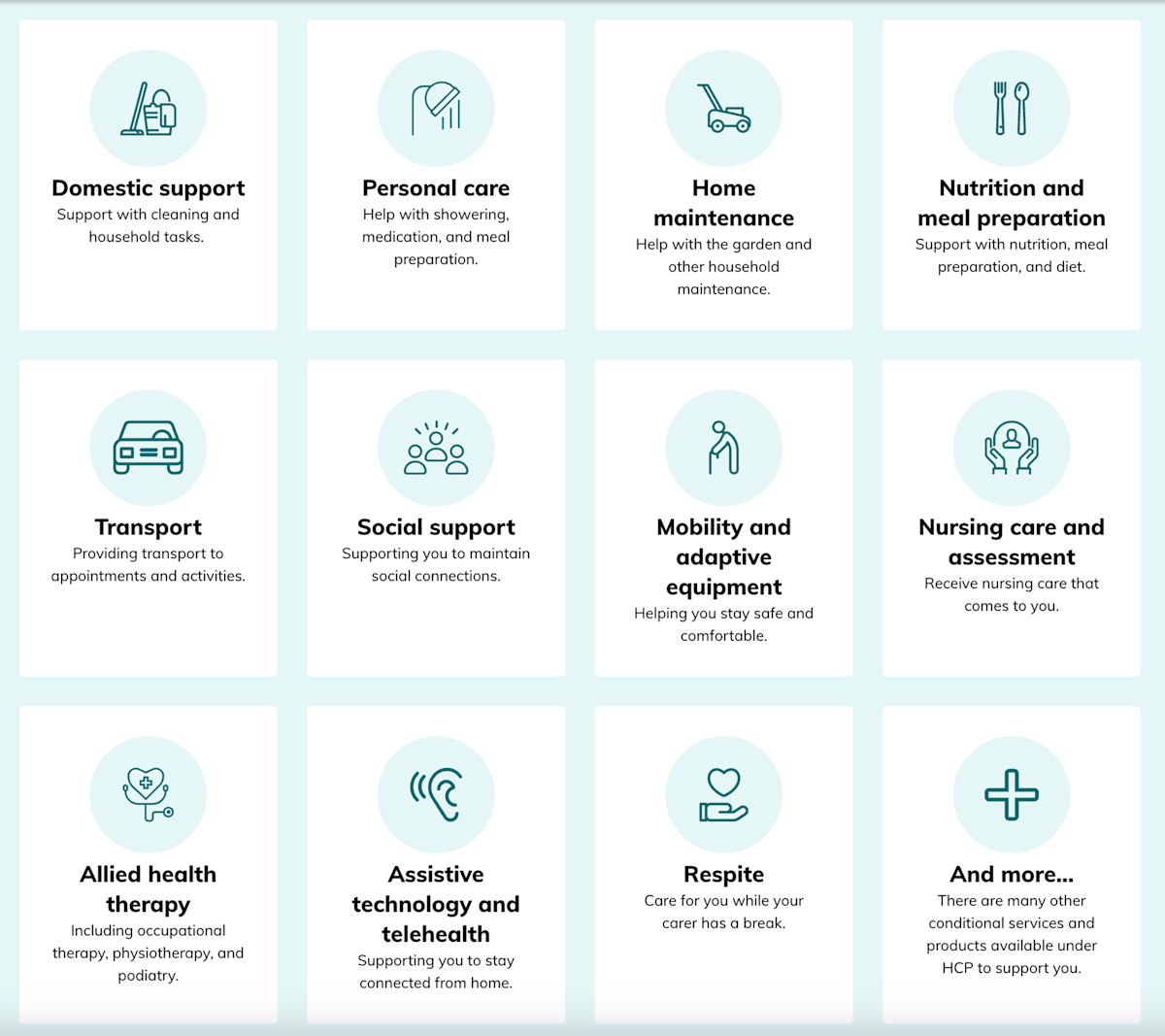Important indicators you've found the right home care providers for NDIS care
Important indicators you've found the right home care providers for NDIS care
Blog Article
All About Home Care Solutions for People With Disabilities: NDIS Registered Assistance
Home treatment solutions under the NDIS play a crucial role in supporting people with impairments. These services are created to improve day-to-day living via customized support, ranging from personal care to wheelchair assistance. Comprehending just how to browse these alternatives can be intricate. This review explores the various elements of NDIS home care, from available services to the selection of suppliers, highlighting crucial factors to consider for those looking for assistance. The journey toward empowered treatment begins right here.
Comprehending the NDIS and Its Function
The National Impairment Insurance Coverage Scheme (NDIS) acts as a transformative framework designed to offer support and solutions for individuals with handicaps. Developed to improve the high quality of life and assurance equitable accessibility to necessary resources, the NDIS empowers individuals by using personalized strategies tailored to their distinct demands. It intends to foster freedom, enabling people to seek their personal goals and aspirations.Through an organized method, the NDIS allocates financing for different assistances, including education and learning, employment assistance, and neighborhood involvement. This all-inclusive scheme not only focuses on prompt treatment yet likewise emphasizes long-lasting developing outcomes. By advertising choice and control, the NDIS motivates individuals to select their recommended service carriers, guaranteeing that care aligns with their preferences and worths. Ultimately, the NDIS represents a substantial dedication to improving the lives of people with disabilities, promoting inclusivity, and constructing a more helpful culture.
Sorts Of Home Treatment Services Available
Various sorts of home treatment services cater to individuals with specials needs, primarily concentrating on individual treatment aid and reprieve care choices. Individual treatment aid provides necessary assistance with day-to-day tasks, while respite treatment supplies temporary relief for primary caregivers. Comprehending these solutions is crucial for making certain the health of both individuals with disabilities and their families.
Personal Care Aid
While maneuvering day-to-day live can present challenges for people with disabilities, personal care aid offers essential support customized to their one-of-a-kind demands. This kind of home care service encompasses a series of activities created to promote freedom and boost lifestyle. Individual treatment assistants assist with day-to-day jobs such as bathing, dressing, brushing, and toileting, making certain individuals maintain individual hygiene and convenience. They may likewise aid with dish preparation, medication monitoring, and flexibility assistance. By offering individualized treatment, these professionals encourage individuals to involve even more fully in their social tasks and everyday routines. On the whole, individual treatment assistance plays a significant role in cultivating self-respect and freedom for those with impairments, permitting them to prosper in their home atmosphere.

Respite Care Options
Reprieve treatment offers as a necessary source for family members and caretakers of people with specials needs, giving short-term remedy for the demands of daily caregiving. This kind of service can take numerous kinds, consisting of at home break care, where experienced specialists see the home to aid with treatment tasks. Alternatively, families might select facility-based reprieve treatment, where individuals obtain care in a specialized environment, permitting caregivers to take a break. Additionally, some companies supply emergency reprieve solutions for unanticipated conditions. These options not just assist minimize caregiver tension however additionally advertise the well-being of individuals with specials needs by providing them brand-new experiences and social communication. Overall, reprieve treatment plays a crucial role in supporting both caregivers and those they care for.

Exactly How to Gain Access To NDIS Home Treatment Providers
Accessing NDIS home treatment solutions includes comprehending the eligibility requirements set forth by the National Special Needs Insurance Plan. Individuals must navigate an organized application process to safeguard the required support customized to their needs. This section will certainly clear up both the eligibility needs and the steps associated with looking for services.
Qualification Standards Described
To receive NDIS home treatment services, individuals should meet certain qualification standards that analyze their scenarios and demands. Candidates must be matured between 7 and 65 years and have a substantial and irreversible disability that impacts their ability to execute daily tasks. Additionally, they need to be an Australian resident, an irreversible resident, or hold a Protected Unique Classification Visa. The NDIS requires proof of the handicap, commonly through clinical analyses or records. People need to show that they call for assistance to participate in social and financial life. These requirements assure that solutions are guided in the direction of those that truly need aid, promoting self-reliance and improved lifestyle for people with specials needs.
Application Refine Actions
Can I Choose My Very Own Assistance Workers With NDIS?
The private asked whether they might pick their own support workers under the NDIS structure. Usually, participants have the flexibility to pick assistance employees, fostering individualized treatment that aligns with their details needs and choices.
What Takes place if My Requirements Modification After Obtaining Support?
If a person's needs change after getting assistance, they ought to connect these changes to their company. Changes can be made to the treatment plan, making certain that the assistance remains appropriate and efficient for their situations.

Are There Limits on The Number Of Hours of Care I Can Obtain?
The specific asked about possible limitations on the variety of treatment hours received. Normally, such limits might exist based on details policies or moneying plans, emphasizing the relevance of examining guidelines and arrangements on a regular basis.
Can I Use NDIS Financing for Home Modifications?
The concern of using funding for home alterations occurs regularly. Typically, people may use NDIS financing for necessary alterations to their homes, guaranteeing accessibility and security, set upon meeting particular qualification criteria and standards.
Just how Do I Handle Grievances Concerning My Home Care Providers?
To deal with problems concerning home care services, people must initially document their issues. After that, they can connect directly with their company, seeking resolution, or intensify the concern to pertinent oversight bodies if essential. Home care solutions under the NDIS play a critical duty in supporting individuals with specials needs. Different kinds of home care services provide to people with impairments, largely focusing on individual treatment support and respite treatment alternatives. home care package providers. Individual treatment support provides necessary support with everyday activities, while respite care uses temporary alleviation for main caregivers. Family members might opt for facility-based reprieve care, where individuals obtain care in a specific atmosphere, allowing caretakers to take a break. Just how can family members properly handle the monetary elements of home care solutions for individuals with impairments?
Report this page